Football’s most unlikely bromance: the untold story of Elton John, Graham Taylor and Watford FC
John Preston’s new book is a warm and redemptive tale – like ‘an Ealing comedy’ – of the unlikely partnership between pop superstar Elton John and football manager Graham Taylor. The author tells Jim White how John bought his hometown club Watford FC to try to win his father’s approval (he failed) and recalls the time Jose Mourinho was left speechless by Elton’s encyclopaedic football knowledge

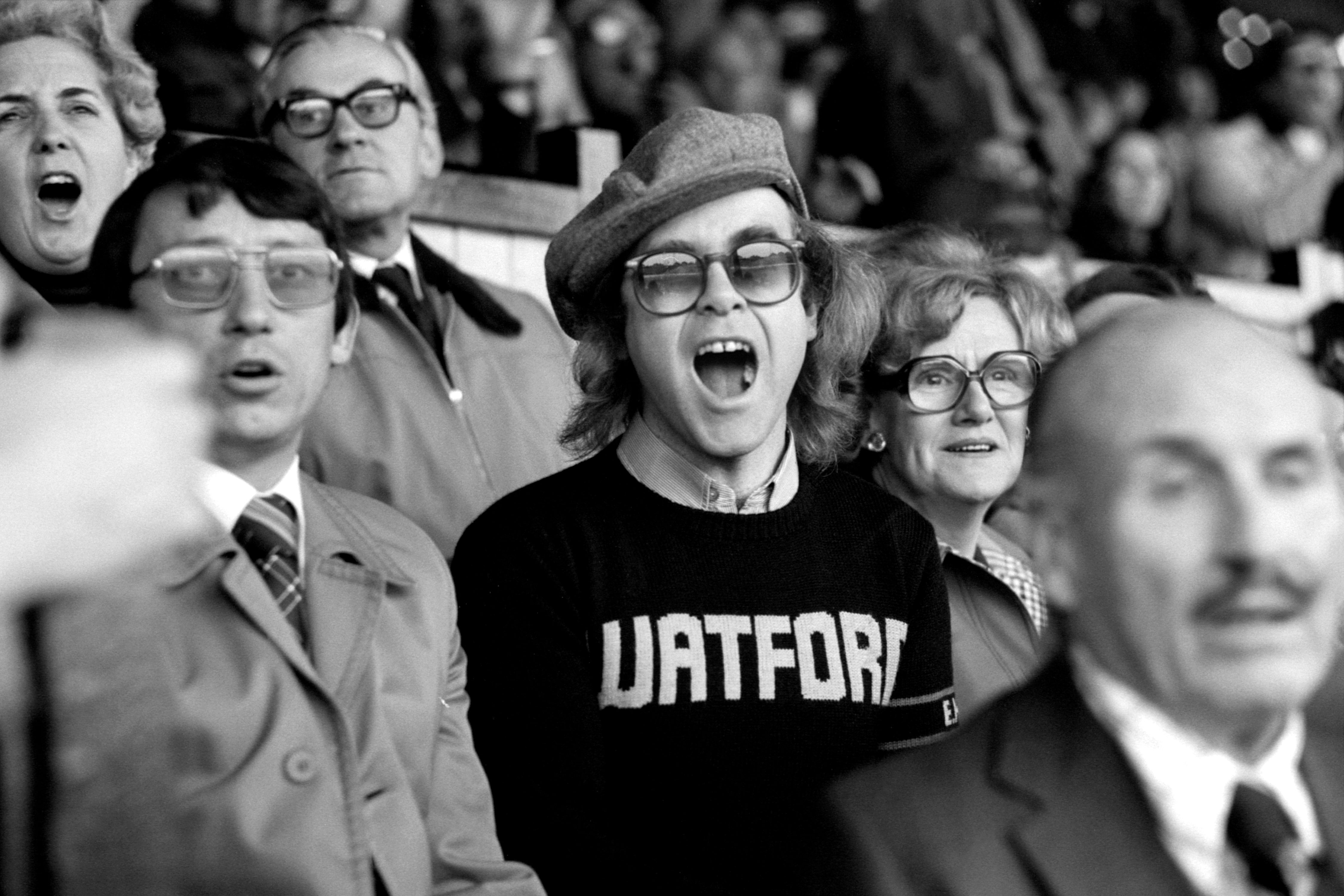
In 1984, Watford FC reached the FA Cup final where they met Everton. Half the country tuned in to watch because, as John Preston tells us in his magnificent new book Watford Forever, back then the cup final was an all-day television event, a marathon of fun and games.
But what constituted family entertainment in those days, as Preston discovers, would today be considered about as appropriate as live-streaming a public execution.
“As part of their coverage of the game,” he writes, “the BBC sent the then-popular comedian Michael Barrymore to Watford’s hotel. Blacked-up and wearing a curly wig, Barrymore was filmed answering questions from an interviewer in a cod Jamaican accent and quoting lyrics from Bob Marley songs. No one was sure what to make of this – either at the time, or indeed afterwards when it dawned on them that he was meant to be impersonating [the then-Watford striker] John Barnes.”
And if that idea of what was reckoned public amusement isn’t jaw-dropping enough, Preston continues: “But in one sense Watford escaped lightly: the Everton players had to endure the sight of another then-popular comedian, Freddie Starr, goose-stepping around their hotel in a Nazi uniform.”
The latest from the most adept reteller of recent history around, the author of A Very English Scandal, The Dig and Fall: The Mystery of Robert Maxwell, is packed with anecdotes like that, moments that skewer the times with economy and precision. Plus endless laugh-out-loud yarns. It is probably unwise to read Watford Forever in a public place: the chance of being observed snorting at yet another superbly delivered punchline is all too likely.
The book tells the story of the most unexpected odd couple bromance between Elton John, the flamboyant pop superstar who bought his hometown football club, and Graham Taylor, the driven, determined, if rather prim team manager he employed to invigorate the place. Almost from the moment he arrived in Hertfordshire, Taylor, whose taste in music began and ended with Vera Lynn’s greatest hits, became not so much a friend to his new chairman as the father figure he never had.
“It’s a fairytale,” Preston tells The Independent, speaking in his west London home that overlooks a smart girls’ public school, from which scarily self-confident teenagers occasionally emerge to condescend to the locals. “The story I had at the back of my mind when I was writing it was Frank Capra’s It’s A Wonderful Life. Like that, it’s a lovely redemption tale.”
The book came about after Taylor died in 2017. At his funeral, John’s eulogy spoke of how much their friendship had meant to him and how Taylor had effectively saved his life, rescuing him from a period of destructive self-indulgence.
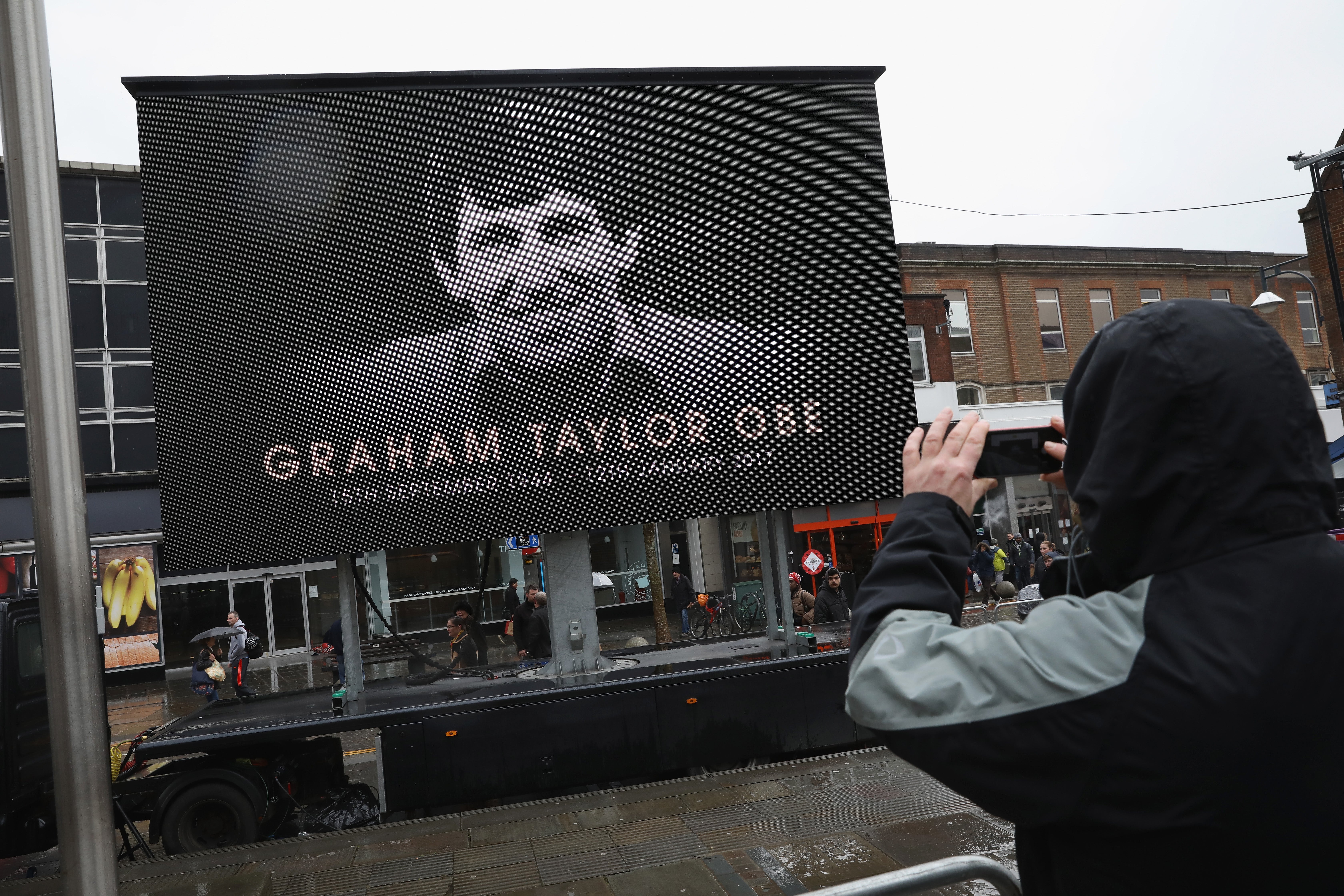
“I never have any ideas of my own,” Preston insists. “And a friend of mine saw what he’d said and said to me: there’s a good story here, you should do something.”
So he wrote to David Furnish, John’s husband, who responded immediately. It soon became clear that John had long wanted his time at Watford to be properly chronicled, not least so the couple’s two sons – one of whom has played for the club’s youth sides – got to understand how much the place meant to their father. After a lengthy, Covid-inflicted delay, Preston and John were finally able to meet. And they did so many times subsequently, speaking for hours on the subject. This was less a series of interviews, more a collaboration.
“What I hadn’t realised is that he has an encyclopaedic knowledge of football, he can tell you what Aldershot’s score was last Saturday, he’s completely imbued in the romance of it,” Preston says. “In fact David told me that they were once at dinner with José Mourinho and when Elton popped out to the loo, Mourinho turned to David and said, ‘F*** me, he knows more about football than I do.’”
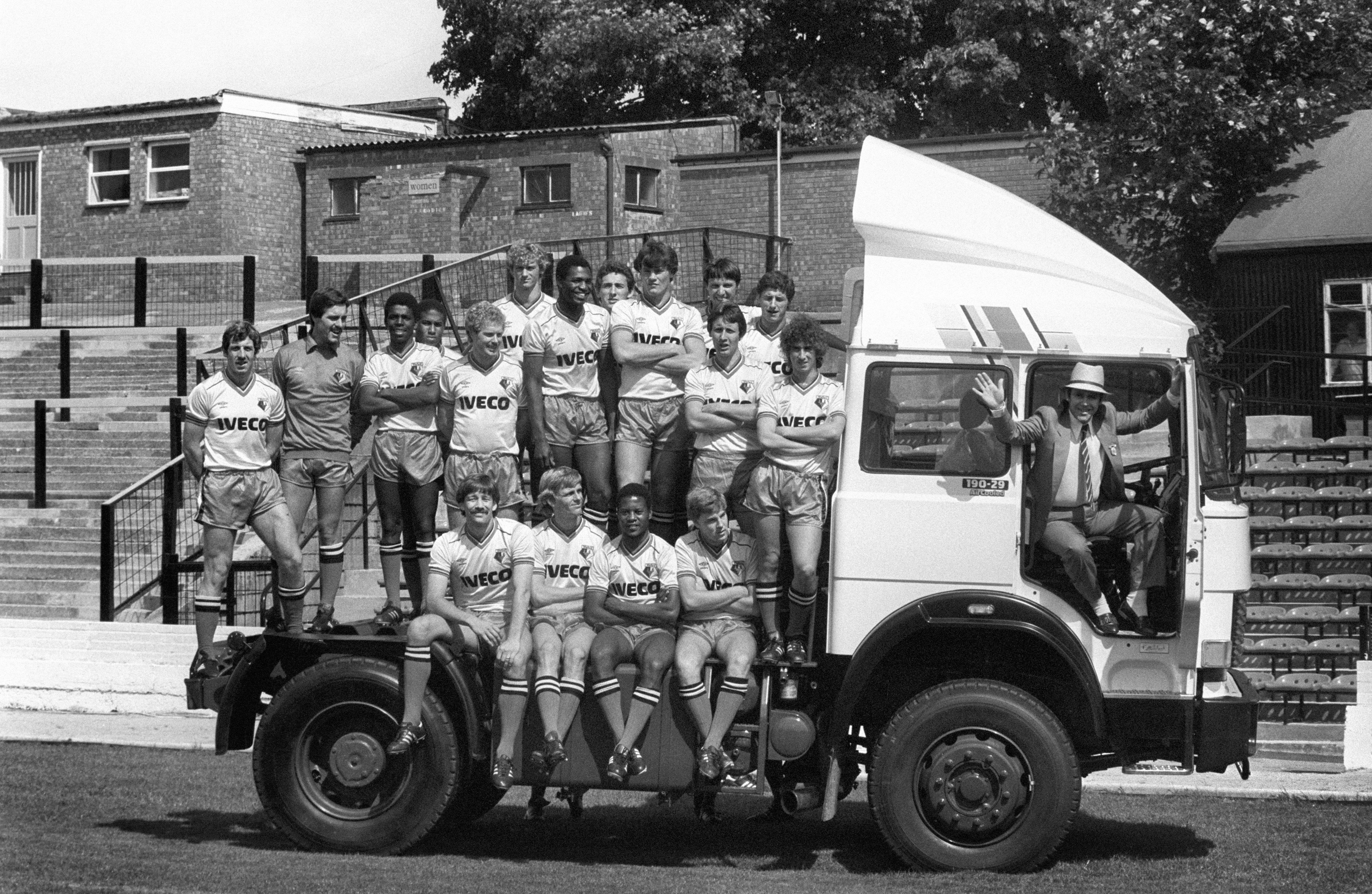
Though, as the book reveals, there was more to John’s purchase of the club in 1976 than a desire to engage with the game’s esoteric byways. It was at Watford matches as a boy that he had enjoyed the rarest of moments of connection with his father, Stanley, a lifelong fan of the club. Buying Watford, he hoped, might finally be something to impress his relentlessly disapproving old man.
“Though if he did it for that reason, the oddity is he never directly told him he had bought the club,” Preston suggests. “And they only went to one game together and never spoke again afterwards.”
It is an incident poignantly recalled in the book, of John picking his father up in his Bentley at a Liverpool station, taking him into the boardroom at Anfield, watching the game together and barely exchanging a word.
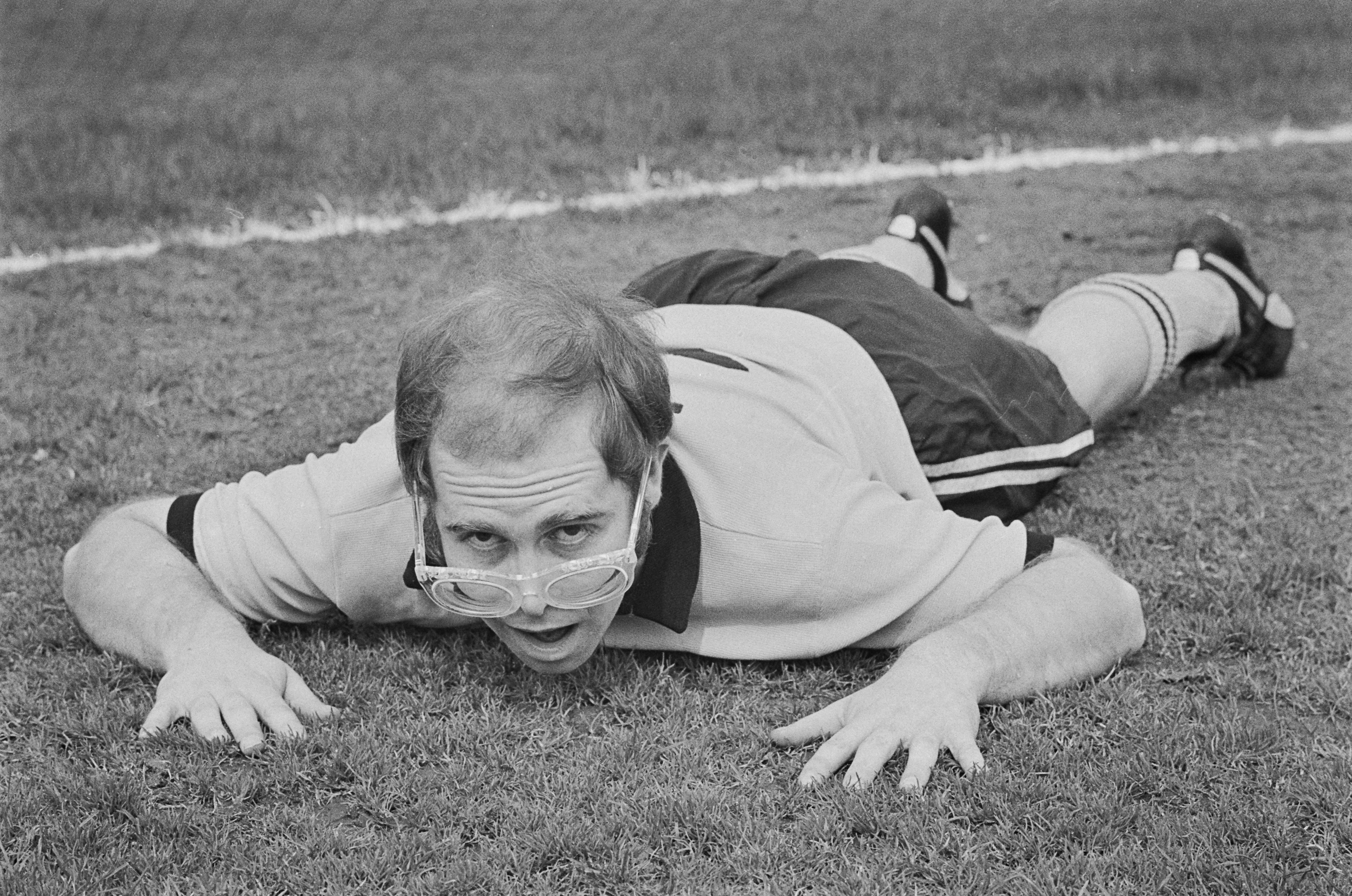
Fortunately, by then John had found Taylor.
“Elton told me there were two seismic first meetings he had in his life. One was with Bernie Taupin, the other with Graham Taylor, coincidentally both of them came from Lincolnshire. He really did feel there was some sort of mystical element when they met, they just connected. Yes they were chalk and cheese, but that was the essence of their relationship. They couldn’t have been closer.”
And in the world of football, theirs was a relationship unusual to say the least. “You’d have thought as Elton was the chairman and Graham the manager, Graham would defer to Elton. It was always the other way round. Elton was always desperate for Graham’s affirmation.”
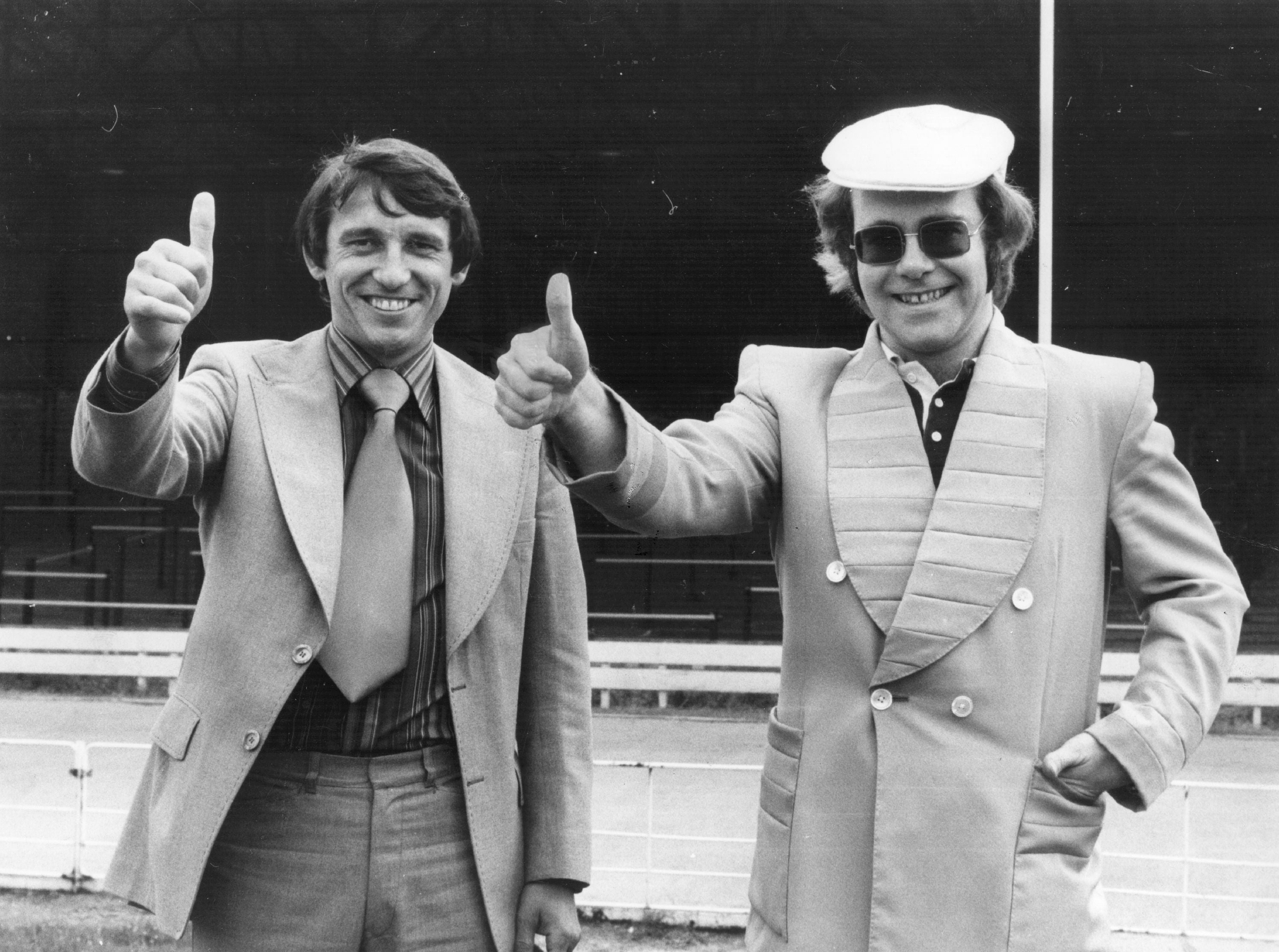
And boy, as partnerships go, was it successful. When they got together, Watford languished at the bottom of Division Four. By the time they parted 10 years later when Taylor left for Aston Villa, the club had topped Division One and reached the FA Cup final. And as Preston tells their story, it rattles along at page-turning pace. It is in the detail he uncovers – of Elton being obliged to tune in to hospital radio broadcasts of games as he tours the globe, of the local brewery coming up with a special beer to celebrate reaching the cup final (which was described as tasting as if you had been seized round the throat by a Scotsman) that lends an Ealing Comedy feel to the story. It reads, indeed, like the script of a movie. One that you feel, even as you gallop towards the end, is bound to be made.
“I wanted it, as far as possible, to make pictures in people’s heads,” Preston says. “When I wrote A Very English Scandal I remember thinking, someone’s got to make this into a telly series. And I had a similar feeling doing this.”
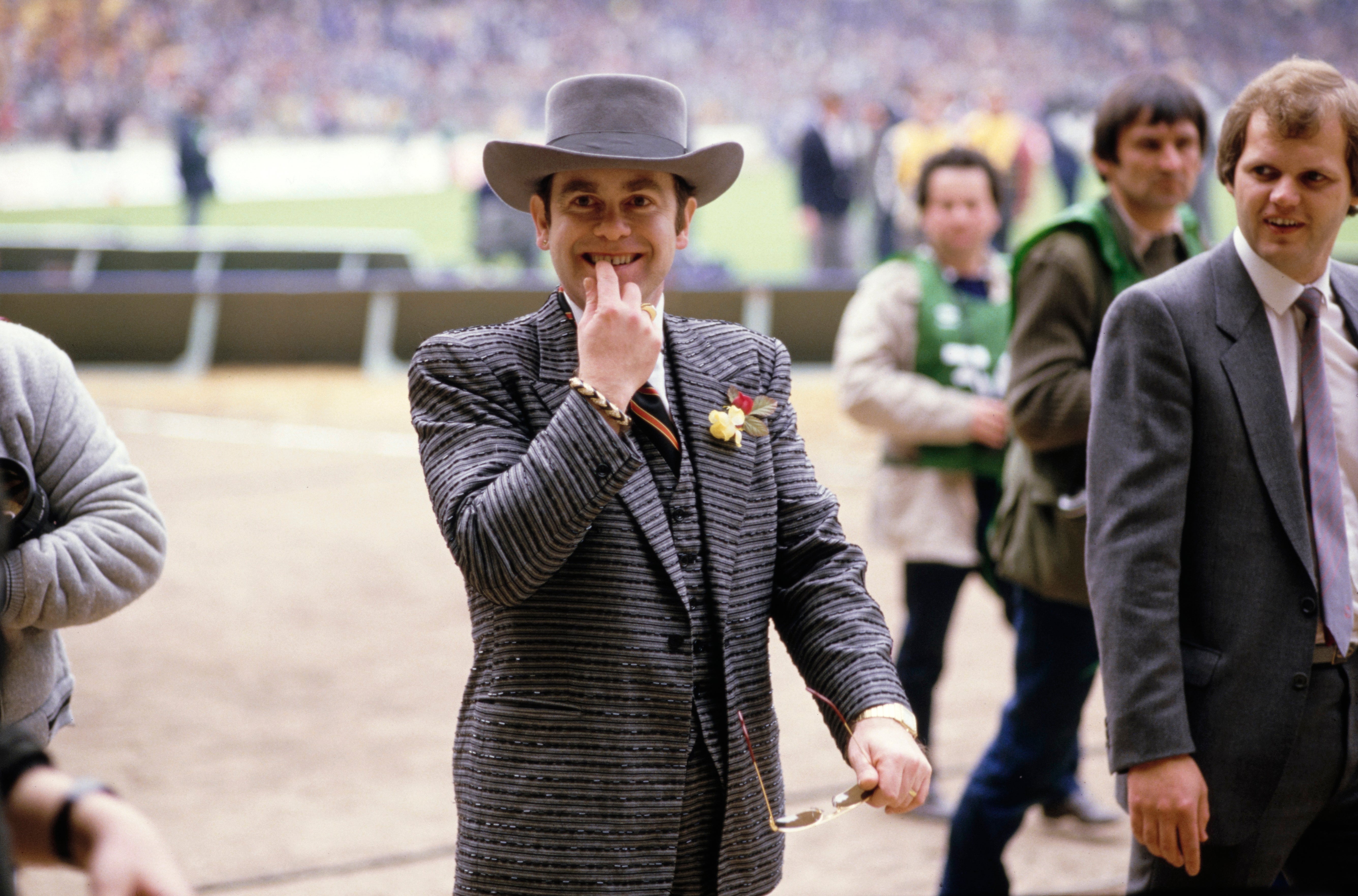
That has long been the Preston methodology. He has made a cottage industry of finding stories from our collective history and retelling them not just with vigour and enthusiasm but with a filmic sense, as if they represent a first proposal for a television drama. More to the point, these are stories we think we know about, but for which he finds endless new angles and approaches, sending his reader on a journey of discovery even as they gallop to the conclusion.
“I think it was Alan Bennett who said there is no more boring period of history than the recent past,” he says. “I’d obviously disagree with that. One of the few advantages of getting old, you remember stuff that people think is ancient history. And the weird thing is how different times were so recently. The whole social climate was fundamentally different back then.”
Thus it is that we follow John and Taylor through the most singular story in football history: no other pop star has ever owned a club, never mind one who attended board meetings in green hair and seven-inch platform heels. Or at least he did until Taylor told him to grow up, sort his hair out and get some suitable footwear.

“It’s a fairytale but set against a very unfairytale-like backdrop: England in the 1970s and early 1980s when industry was dying, unemployment was soaring and the place was crumbling, beset with racism and homophobia,” says Preston. “But here’s the thing: Elton never worried about that at all. He completely laughed off all the jibes that came his way. He just so obviously loved the whole world of it.”
Before turning to books, Preston had a long career as a newspaper feature writer and TV critic (indeed he once interviewed John for a piece about the star’s relationship with Princess Diana). But what he clearly enjoys about his new life as Britain’s most distinguished author of non-fiction is the opportunity to plunge, like he has with Watford Forever, deep into his subject.
“I spent most of my life dealing with 1,500 words,” he says. “Now what I’m after is a story that can’t be told in 1,500 words. When I was still in newspapers, I wrote some novels that completely failed to trouble the scorers. But because of them I learned how to write a book rather than an article. The problem is now I find it bloody hard to think of anything to write about.”
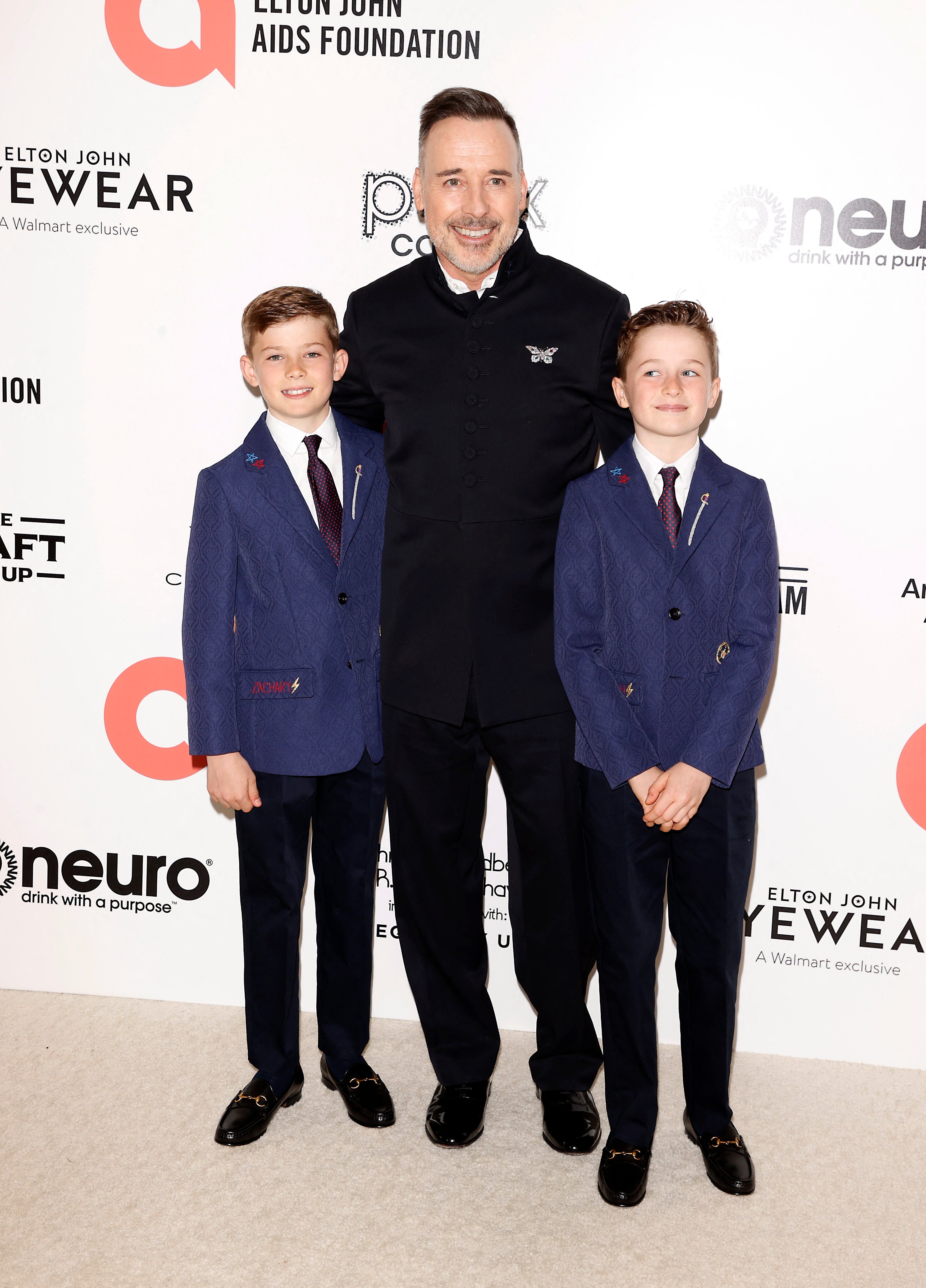
Luckily these days he is sufficiently sought after that people come to him with ideas. When we meet, for instance, he is in the midst of penning a television screenplay about Liz Truss’s disastrous premiership. “There’s about five scripts being written on the subject, we’re in a bit of an arms race to see who can get it out there first,” he says of the Truss concept.
Though in truth, if Preston is one of those in contention, you suspect there can only be one winner.
‘Watford Forever’ is published by Viking on 15 November
Join our commenting forum
Join thought-provoking conversations, follow other Independent readers and see their replies
Comments